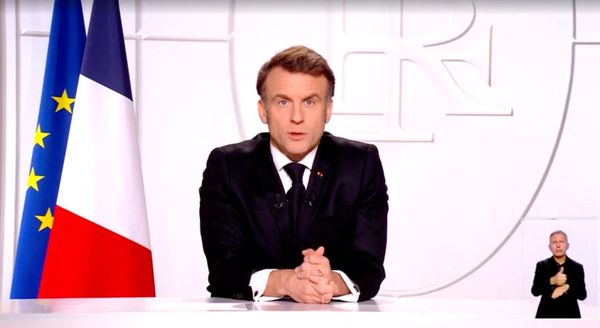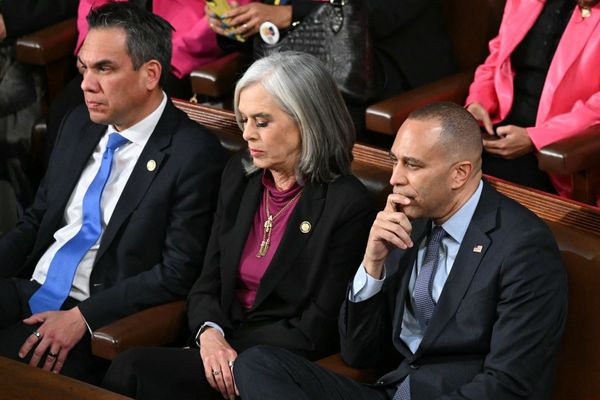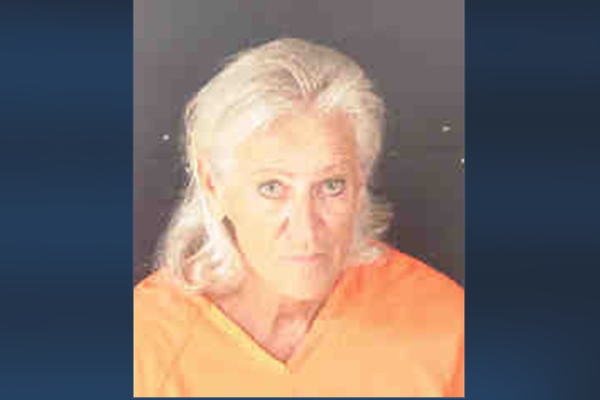For many of us, bagpipes are a love or hate affair, but Burnie tailor Terrence Rigney loved his so much that he took them to war and along the Kokoda Track.
He played for the seasick on the voyage to Papua New Guinea — and for the Papuans in New Guinea.
One chieftain actually offered to swap a wife for the bagpipes.
Mr Rigney chose the pipes.
Mr Rigney's daughter, Libby Robinson, has been deeply touched and often amused by the amazing stories of her father's war years, which are preserved in some 200 letters he sent home.
"I can't say for sure when he stopped playing the pipes, but certainly by the time he married our mother," Ms Robinson said.
"If you saw my Mum, Coral, you'd know why — she was beautiful.
"When he first saw her in the street in Burnie he said to his mates, 'Who's that!?'"
Kokoda bound
A young founding member of the Burnie Highland Pipe Band, Mr Rigney joined the AIF in 1941 and trained in Signals.
He wrote home to Cooee from his first post in Hobart to say that he had been made corporal, but was put on a charge sheet the same night for playing his chanter at 1:30 in the morning.
"He wasn't the slightest bit sorry," Ms Robinson said.
Mr Rigney was deployed with a large contingent of fellow Tasmanians to hang a tree-slung communications line from Port Moresby, across the Owen-Stanley Ranges to the Kokoda Plateau.
"Kokoda had only just been recaptured by the Australians when Dad arrived," Mr Robinson said.
"Those fellas spent 1943, '44 and all of '45 living on the Kokoda Track, in villages along there.
"They worked with groups of Papuan porters who carried reels and equipment, and one of the touching things is Dad's really close relationships with those people."
Men of letters
Three porters, Johnny, Vagi and Hewitt make frequent appearances in Mr Rigney's letters home.
They also sent their own letters (translated by Mr Rigney) to his mother back in Cooee, who had sent handkerchiefs, cat-gut and other things they requested.
"He was fluent in a number of the Papuan dialects and also spoke pidgin," Ms Robinson said.
"He had a tribal tattoo done by a Papuan woman to mark his 21st birthday.
"I've heard that this was quite extraordinary and a sign that Dad's belonging with that tribal community was really special to them."
With the battlefront to the north of where they worked, Mr Rigney was able to play the bagpipes to commemorate occasions and sometimes to please – or drive away – the locals.
"In his letters he'd describe firing up the pipes and some of the locals would gather like they'd heard them before," Ms Robinson said.
"But others would take to their heels and get out of there.
"His letters were beautiful.
"He sometimes wrote half a dozen letters a day and all of them about the flowers, the fruit, the surf, the animals and bird sounds.
"Occasionally he'd touch on something darker.
"Many letters hadn't been opened since the 1940s — they'd have back page on top, some fragments of characteristic North West red dirt in there.
Insistent to the end
Mr Rigney was 98 when he died last year.
Coral died five months later.
Ms Robinson said her father had an extraordinary memory and stayed fit and healthy right up until his last weeks.
"He insisted on doing his own laundry and his own ironing because, as a tailor, that was very important to him," she said.
Current Burnie Highland Pipe Band member John Hammond said all seven of the earliest members of the band who went to war came back.
"Reg Kibbey was the founder in 1941 and he had recruited some young Burnie and Cooee lads," he said.
"Terrence Rigney was an apprentice tailor so being wartime, he had to make doublets from dinner jackets and found ways to make sporrans and spats.
A book about the history of the band is soon to be published in Burnie.
In 2010, Ms Robinson, her sister and two brothers walked the Kokoda Track together and communicated with Terrence every night by satellite phone.
"When we got to Kokoda, my brother explained our dad's story to the porters and they were very taken by that story — it meant a lot to them," she said.
"So they did a sing-sing for Dad, over the satellite phone.







